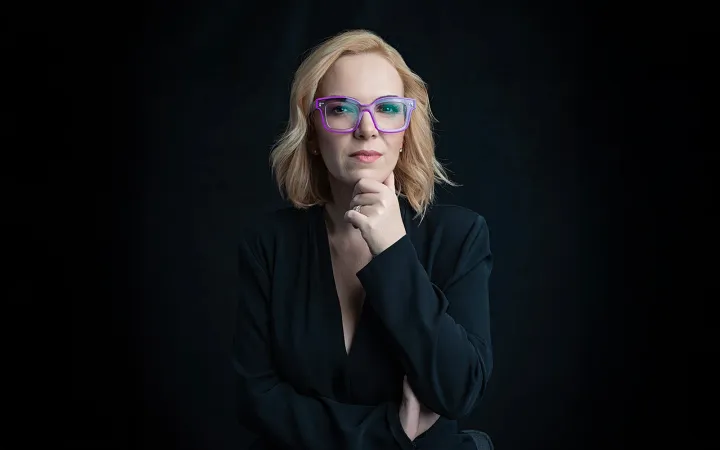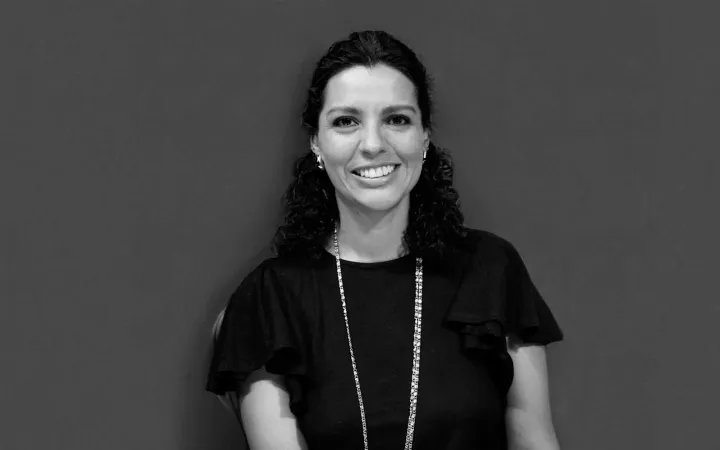
Por Perla Salinas Olivo

Es muy conocido que las mujeres constituyen la mitad de la humanidad, sin embargo, no están suficientemente representadas en todas las esferas de la vida como lo es la cultura, la política, la economía, las ciencias, las artes, entre otras. Históricamente las mujeres han sido invisibilizadas en muchas áreas de la vida pública, ignorando así sus conocimientos, aportaciones y experiencias. Durante siglos, han sido representadas desde la mirada masculina, permaneciendo confinadas a la periferia y relegando sus saberes al ámbito doméstico, donde los roles tradicionales de cuidado son heredados de generación en generación.
Históricamente existe una distribución desigual de tareas y responsabilidades entre hombres y mujeres en la sociedad, que se basa en normas y roles de género predefinidos. Esta división sexual del trabajo se ha visto reflejada en una amplia variedad de ámbitos, como el hogar, la política, el trabajo remunerado, la economía, la educación y la vida pública en general. A la par, la sociedad patriarcal ha regulado los cuerpos individuales y colectivos con la finalidad de jerarquizarlos, marginando así cuerpos racializados, femeninos y diferentes de lo normado, provocando exclusión, violencia, marginación y olvido. Por este motivo, al visibilizar historias de mujeres se busca corregir desigualdades reconociendo y destacando sus contribuciones, logros y perspectivas.
Poco a poco las mujeres han avanzado en diversos ámbitos, habitando espacios que antes no habían sido ocupados por ellas, insistiendo incansablemente en la lucha por dejar de lado la normalización de prácticas discriminatorias. La educación, la visibilización de los saberes ancestrales, el derecho al voto, la incursión masiva a espacios laborales, la integración a las grandes urbes y la resistencia implacable que las caracteriza, está modificando los roles de género, las relaciones sociales, la presencia de las mujeres en diversos espacios y en general, la forma de vida de niñas, adolescentes, adultas y mujeres de la tercera edad.
Existen esfuerzos internacionales y nacionales para combatir la discriminación de las mujeres y reducir desigualdades. Tal es el caso del Fondo de Desarrollo de las Naciones Unidas para la Mujer o la entidad de las Naciones Unidas para la Igualdad de Género y el Empoderamiento de las Mujeres, que han realizado esfuerzos por combatir brechas y desigualdades. En México también se han hecho importantes aportaciones, sin embargo, la paridad de género en temas sociales, culturales y políticos sigue siendo un reto. De acuerdo con el Instituto Nacional de Geografía y Estadística (INEGI), las mujeres representan el 52% de la población y tienen el 43.6% de participación en la economía de nuestro país; esto con base en la información que comparte el Instituto Mexicano para la Competitividad (IMCO).
Para que se inicie una transformación es necesario ser conscientes de la vida diaria de las mujeres y niñas, así como de su entorno. Es importante ubicarse en otras posiciones para ver desde perspectivas diferentes y de esta manera, promover acciones encaminadas al cambio. La educación tiene el compromiso de desafiar las estructuras sistémicas que sostienen y promueven la desigualdad, así como la obligación de construir espacios donde todas las personas puedan decidir libremente cómo hilar su propia historia.
A lo largo de 80 años, el Tecnológico de Monterrey se ha convertido en un ejemplo de diversidad e inclusión. Durante estas décadas, la institución fundada por Eugenio Garza Sada ha registrado logros, hitos y avances muy importantes para su comunidad al construir entornos seguros en donde todas las personas tengan las mismas oportunidades para crecer, desarrollarse y tener la misma representatividad en la toma de decisiones.
Por ello, en el marco de esta celebración, el Tec, a través del Centro de Reconocimiento de la Dignidad Humana, Patrimonio Cultural y la Escuela de Humanidades y Educación, presenta la exposición "Cuando el hilo se hace red: memoria viva de las mujeres en el Tecnológico de Monterrey”, que busca llevar a cabo una revisión crítica y prospectiva de la presencia de las mujeres en estas ocho décadas, a través de honrar y visibilizar el legado de las mujeres desde una visión con perspectiva de género, que muestra cómo la memoria es un hilado de recuerdos, de acciones y de esperanzas que se articulan desde lo colectivo y que tejen día a día la experiencia de nuestra comunidad universitaria.
La exposición, que arrancó en Monterrey y que tendrá un despliegue con narrativas diferentes en Querétaro, Ciudad de México y Guadalajara, teje piezas del Patrimonio Cultural del Tec con la perspectiva, análisis y narrativa del Centro de Reconocimiento de la Dignidad Humana y una propuesta curatorial conjunta, que en suma hilan un tejido que considera las interseccionalidades de las mujeres y cuenta la historia de la Institución a nivel nacional, articulada a través de cada una de las regiones del país en donde hay campus.
La Institución ha sido punta de lanza en temas relacionados con la igualdad de género, por ejemplo, se tiene el registro de que en 1947 se graduó la primera mujer, esto fue 6 años antes de que las mujeres obtuvieran el derecho al voto, en 1953. Por otro lado, en 1978, el Tec de Monterrey fue la primera universidad en Latinoamérica que se atrevió a cambiar la manera en que los títulos profesionales de las mujeres eran escritos y que se redactaran en femenino.
Hoy las mujeres ocupan diferentes espacios en la comunidad del Tecnológico de Monterrey. Estudiantes, profesoras, directivas, administrativas, deportistas, personal de servicio y egresadas, realizan diversas actividades que ejemplifican, referencian, sostienen, potencian y diseñan nuevas formas de habitar el mundo, visibilizando así el trabajo de las mujeres.
Sin lugar a dudas, existe una necesidad inminente de construir sociedades más justas e igualitarias. Para lograrlo, primero es necesario abandonar las ideas en función de roles de género, de regular los cuerpos, de invisibilizar personas y de hormar bajo estándares colonizadores y patriarcales. Es tiempo de tejer con hilos hambrientos de ser visibles, de urdir tramas individuales y colectivas, de coser realidades y recuperar historias, de trenzar vidas en la modernidad y de siempre resistir para crear otras posibilidades.
Gracias a las que han abierto caminos, tal vez sin saberlo; gracias a las que ahora luchan incansablemente para sostenerlos con la encomienda de abrir nuevos espacios; y mucha fuerza a las que vienen detrás, a ellas que les tocará abrir nuevas posibilidades.
*Directora de Formación en Dignidad Humana del Centro de Reconocimiento de la Dignidad Humana del Tecnológico de Monterrey.
Las opiniones expresadas son responsabilidad de sus autoras y son absolutamente independientes a la postura y línea editorial de Opinión 51.
Más de 150 opiniones a través de 100 columnistas te esperan por menos de un libro al mes.






Comments ()